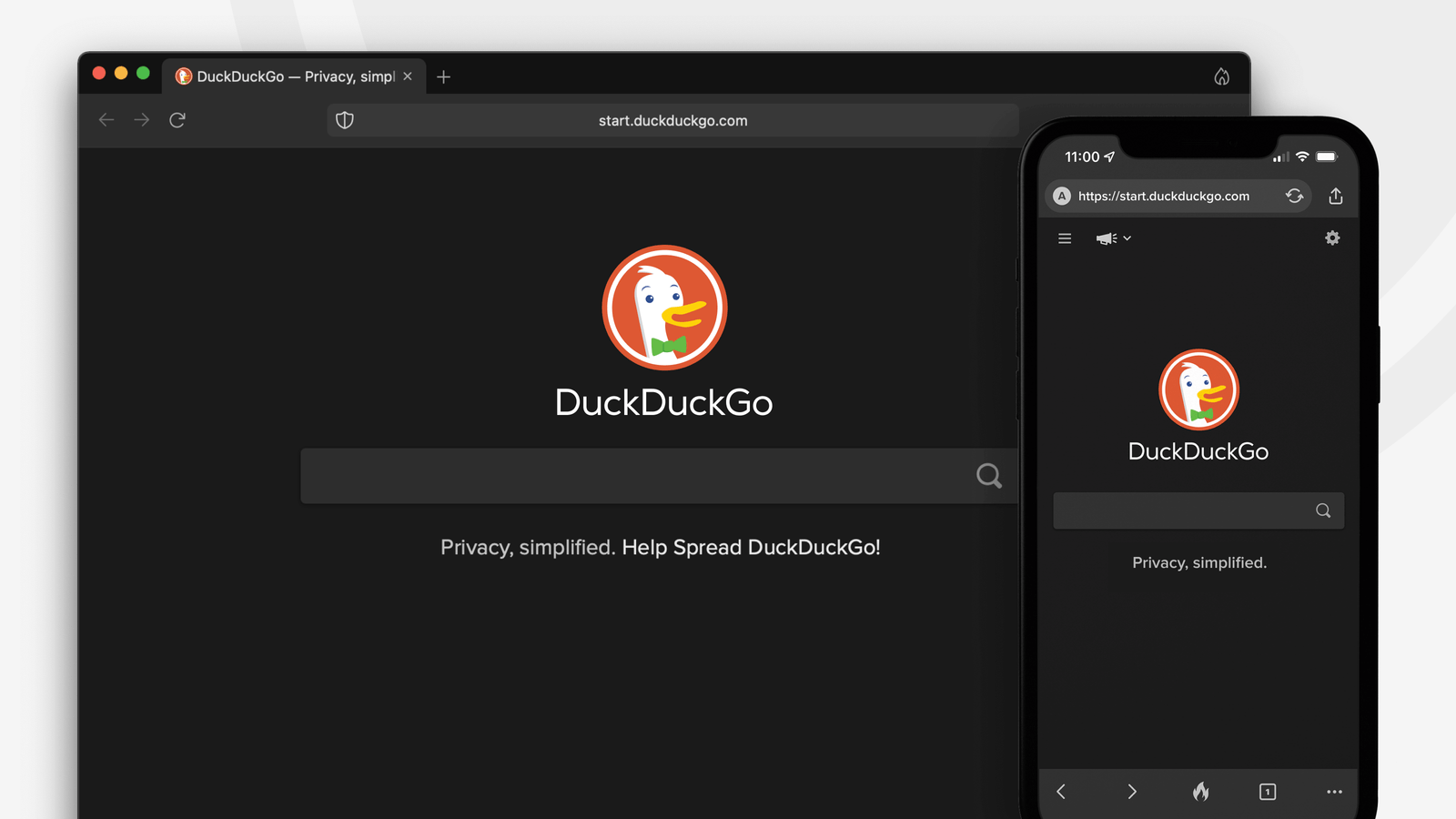
The flexible compensation It is a salary formula that allows employees to incorporate the payment of one or several services of daily use in this modality, thus maximizing their net salary and without incurring costs in the company’s salary mass.
To better understand the differences between flexible remuneration and social benefits, and delve into the advantages of applying this model in SMEs, we spoke with Elena Celda, CEO of Sodexo Benefits and Incentives, a company with almost 50 years of experience in the Spanish market in the management of employee benefit plans through models such as flexible remuneration.
MuyPymes: Social benefits and flexible remuneration are two concepts that are mixed. What are the differences between both models and how does it benefit employee motivation?
Elena Cell: The weight of benefit plans as a tool for motivating employees has been increasing in recent years. Not only do they increase their commitment, but they also help to differentiate the value proposition of companies in a labor market where there is an increasing mobility of talent. In this sense, its relevance as a complement to the remuneration package is beyond doubt and, therefore, it is about finding the modality that allows the company to address this type of plans optimizing salary costs. That is where the differentiation between the modality in which these benefits are applied comes in.
In the case of social benefits, it is the company itself that assumes the cost of these services as an added value to their own salary, being totally free for employees.
The other modality, which perhaps some companies are more unaware of, is the flexible remuneration, in which it is the employees themselves who decide to allocate, voluntarily, Up to 30% of your gross annual salary for the daily use services that your company offers in this modality. This model is very advantageous for both the company and the employee. Through flexible compensation plans, the company provides its employees with access to different types of services that reinforce their motivation and well-being without incurring additional costs. The advantage for the worker is that the use of these services in this modality is exempt from personal income tax, so workers can save and thus increase their available net annual salary.
MuyPymes: Do you think that, in times of inflation, companies may be interested in offering flexible remuneration, why?
Elena Cell: In the current economic situation, flexible remuneration can become an important ally in maximizing workers’ net wages and mitigating the impact of price increases. As I mentioned earlier, this type of remuneration makes it possible to pay for daily and recurring expenses such as the daily menu, childcare or commuting to the workplace by public transport, with a tax exemption that maximizes the worker’s net salary, without incurring in additional costs for the company.
As a total compensation strategy, the compensation package configuration options can be diverse depending on the circumstances of each company. Services can be offered in the modality of social benefit to have a more complete and attractive remuneration package. However, there are not always margins in companies to be able to address strategies in this line for employees. In these cases, flexible compensation is the best option. It could be said that it is a way of making this type of benefit policy accessible to all types of companies, even in times of economic uncertainty like the present.
MuyPymes: How do these services influence the well-being of the employee? What are the most demanded?
Elena Cell: The qualitative components of a job such as personal and professional reconciliation options, the possibility of professional growth or physical and mental health care are elements that are escalating positions in the interests of Spanish employees and have a direct impact on what we know as emotional salary.
In this sense, health insurance is one of the most valued benefits by employees, both for their habitual use and for their direct relationship with physical or emotional well-being. It is one of the most offered by companies and its importance has grown as a result of events such as the health crisis.
According to data from our Study of Trends in HR 2023, the restaurant card is the second best valued benefit by employees, since it allows the payment of the daily menu during the working day and therefore has a widespread use when covering a daily activity. In addition, it is compatible with any type of employee, and even with any type of work (whether remote, hybrid or face-to-face, since it is accepted on the main home delivery platforms). It is precisely this day-to-day utility that makes it such a valued benefit.
Finally, products that promote work-life balance are also highly valued. This is the case of childcare checks, which lighten, for example, the payment of this recurring expense for workers with children under 3 years of age. Without forgetting other concepts such as transportation to work or training, which are becoming increasingly important in professional development, and in the needs for ‘upskilling’ and ‘reskilling’ that have arisen, above all, as a result of the digitization processes. For this reason, 81.1% of companies claim to rely on training programs to retain talent, as shown in our studysince it allows to improve the qualification of the staff and at the same time has a very positive evaluation by the employee.
MuyPymes: In flexible remuneration, what distinguishes Sodexo from the rest?
Elena Cell: First of all, the management of flexible compensation plans with Sodexo is a completely digital process that provides users with an easy and fast experience in their day-to-day management.
In our last satisfaction survey, carried out in 2022, 85% of our clients indicated that it is very easy to manage the requests and orders for the contracted Sodexo products. For us it is essential to be able to optimize management times and administrative burden for our clients to the maximum. Something that today is a priority for everyone.
On the other hand, our commitment to innovation and development keeps us in a continuous process of evolution of our products and services, always attentive and listening to the demands of the market with the aim of anticipating as far as possible the expectations of our customers and material. usability, functionality and ease of use of our products.
Finally, our almost 50 years operating in the Spanish market push us to continue offering the best quality and excellence in the service and attention we offer, always with the focus on the client. Something that differentiates us and identifies us as a company. Not surprisingly, thanks to this commitment to quality in our care, this year we have been recognized with the Customer Service of the Year Award 2023something of which we are very proud.
MuyPymes: Do you think that Spanish SMEs understand the benefits of flexible remuneration? What can they do to not be left behind?
Elena Cell: Certainly we believe that, although in some cases there is still a certain lack of knowledge in the operation of this modality, and perhaps it is more accentuated in small and medium-sized companies. On the other hand, there is a tendency to sometimes think that a small company or certain sectors have it more difficult to address employee welfare plans or implement flexible remuneration policies due to the lack of resources at an economic or management level.
But based on our experience, working with companies of all sizes and sectors, flexible remuneration models can be perfectly adapted to all sizes and sectors of the company, hardly adding administrative burden, also to SMEs.
In addition, the implementation of these compensation models in small and medium-sized companies will help them compete with larger companies in order to attract the best profiles. At the moment only 20% of SMEs with less than 50 employees offer flexible compensation plans to their workers, as reflected in our aforementioned Study of Trends in HR 2023. However, in companies with more than 250 employees the percentage increases to 52%, which places smaller companies at a certain disadvantage to compete in the labor market.
At Sodexo we have the necessary resources to advise each company on the plan that really suits their situation. It is the company that decides what services it offers, being able to personalize and adapt them to the various groups of employees, without complicated management processes.
Regarding the costs, as I mentioned, flexible pay does not increase wage costs. If a company cannot undertake a social benefits plan, assuming the full cost of these, it can always offer these benefits in the flexible remuneration modality for its employees. In this way, everyone wins, whatever the size of the company.
MuyPymes: Finally, how can these services contribute to trends such as sustainability?
Elena Cell: Like many other companies, compensation and benefit models have been evolving towards “zero emissions” models through, for example, the use of virtual cards that reduce our carbon footprint. In this sense, 37% of the Restaurant Pass and Transport Pass cards issued by Sodexo since January 2022 are already 100% digital, which means a reduction in the card’s carbon footprint of 84%. This makes digital cards a much more sustainable medium than their physical version and more responsible with the environment, something that, as a company, is a priority for us.
But also, our commitment to sustainability is also an added value for our customers.because it improves its environmental impact, by working with a supplier that takes care of its carbon footprint, and allows them to offer a socially responsible service to their employees, which, in addition to promoting their commitment to the company, reinforces other values such as caring for the environment atmosphere.



